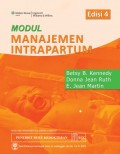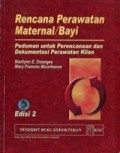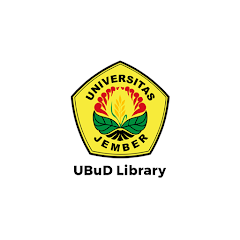OPAC (Online Public Access Catalog)
Collection Search
start it by typing one or more keywords for title, author or subject


Kidnapping and the limits of acceptance
J. CUNNINGHAM, Andrew - Personal Name

security management tool for reasons of perception, ease of access and cost (both real and opportunity costs).
Humanitarian agencies have long been uncomfortable with the contradiction of using deterrence mechanisms in
humanitarian operations, although the increased use of armed guards has been a noticeable trend over the last
decade or so. Protection—‘bunkerisation’—has also become the norm in many highly insecure contexts, with similar
contradictions and feelings of discomfort associated with this strategy. But in hyper-insecure contexts, is acceptance a
viable option? This paper argues that in some contexts, the acceptance strategy no longer works. The primary cause of
this is the increasing severity of the kidnapping risk which has overwhelmed the usefulness of ‘normal’, non-deterrence
and non-protection-oriented security measures such as acceptance. The dangers of relying on deterrence measures
for humanitarian organisations in such sensitive contexts will be reviewed. As a case study, the experience of one
particular humanitarian organisation working in northern Nigeria and Syria in the 2012–2014 period is elaborated
upon. A ‘zone of exception’ framework is proposed based on the work of Carl Schmitt. Issues for future reflection by
organisations working in such contexts are introduced
| EB00000003941K | Available | ||
| EB00000003944K | Available |
Series Title
-
Call Number
-
Publisher
: ,
Collation
-
Language
ISBN/ISSN
-
Classification
NONE
Content Type
E-Jurnal
Media Type
-
Carrier Type
-
Edition
-
Subject(s)
Nigeria
SYRIA
Humanitarian security
Acceptance
Humanitarian agencies
Kidnapping
AQIM
AQIM,
Carl Schmitt
Specific Detail Info
-
Statement of Responsibility
Andrew J. Cunningham














